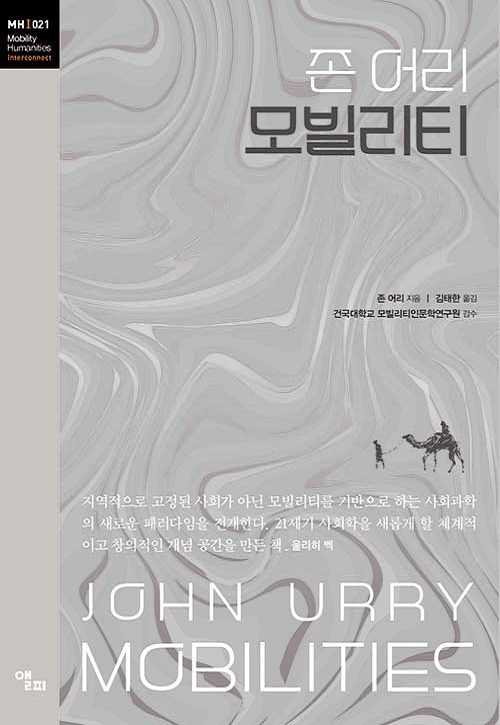Humanities and sociology as a new mobility paradigm
The Classic of humanities and sociology
A very important work in this field!
Very interesting book highlighting the key elements of mobile systems.
-Amazon Review
The Collective Edition of John Urry’s ‘The New Paradigm’
It is a domestic re-published and re-translated version of the book that that can savour the he profound achievements of John Urry, the sociologist, network organiser, and public intellectual that transformed the aspect of social science in the U.K. and beyond around the world. The source, goal, performance, and prospects of the so-called ‘new mobility paradigm’ advocated by John Urry are contained in one book. Urry said critical social phenomena can only be analysed by ‘moving’ the paradigm. From oil wars to SMS, from the slave trade to global terrorism, from glbal warming to telecommuting…
The Classics of Humanities and Sociology with Great Insight
John Urry presents and thinks about a new way of thinking that crosses the economic, social, and political relationship of the called ‘mobility transition’ using extensive knowledge and data. Issues such as the movement of people, objects, information, and idea are central to people’s lives and most organisations. From war to text messages, the ‘mobility’ issue is now a key issue in academic and policy agendas. John Urry, who passed away in 2016, led the mobility debate and developed a ‘new mobility paradigm.’ Changing the paradigm can identify previously opaque social phenomena! Urry introduces ‘systems’ that allow relatively predictable and low-risk iterations to each ‘mobility’ and then cross-analysis them by applying them to social inequality, social networks, conference, location characteristics, and alternative mobility futures. Urry’s book is a rich guide on various mobility in the past and present. It provides a new perspective on humanities and social studies that looks into society, such as people’s lives and organisations, the country, and the global system, through the lens of mobility.


